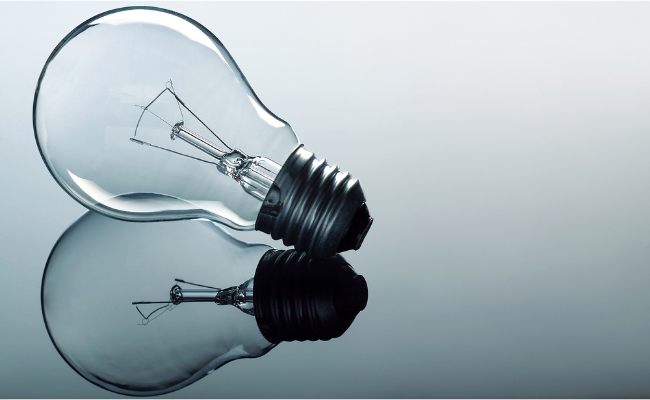Lights out? The common incandescent bulb is now banned for sale in the US

That standard incandescent light bulb you may have? Yes, they are being phased out for more energy-efficient versions | Photo by Giorgio Manenti on Unsplash
Heads up, homemakers: The omnipresent incandescent light bulb is now banned in the United States.
Well, at least, most of them.
Effective Aug. 1, standard light bulbs will no longer be manufactured or sold in favor of more energy-efficient options aligned with the US Department of Energy’s new rules that set the minimum standard of “45 lumens per watt.” Lumens is a measure of visible light that the human eye can see.
This means the common incandescent light bulb pioneered by Thomas Edison in the late 1800s is effectively covered under the ban since it doesn’t meet the requirements. It usually generates 15 lumens per watt, way below the threshold. Even halogen bulbs are out of the question.
The plan is part of the Biden administration’s efforts to help Americans save close to $3 billion annually on utility bills on top of supporting US climate goals to reduce carbon emissions by 222 million metric tons, which is equivalent to “emissions generated by 28 million homes in one year,” according to the Energy Department.
The plan is part of the Biden administration’s efforts to help Americans save close to $3 billion annually on utility bills on top of supporting US climate goals to reduce carbon emissions by 222 million metric tons
These types of bulbs are highly inefficient in that “only two to three percent of the electricity” is converted into actual visible light, according to Matthew J. Eckelman, assistant professor of civil and environmental engineering at Northeastern University. Any unused energy, it notes in the article, is simply lost as heat.
What to replace your incandescent light bulb with
Americans would most likely shift to LED (light-emitting diode) bulbs that last up to 50 times longer than incandescent bulbs—meaning, there are fewer chances to keep replacing these light fixtures at home.
LED technology has been touted for its energy efficiency (a 60 percent reduction in average energy consumption, according to an energy efficiency and conservation specialist) and eco-friendliness among others. And pickup has dramatically increased from 4 percent to 47 percent between 2015 and 2020.

You may also like: How to Cool Down a Room Without AC
But LEDs aren’t without their faults, such as color shifts and upfront costs—though prices have also declined over the years.
That said, any existing incandescent light bulbs you may have at home are unaffected. It’s just that you won’t be able to buy these old tech bulbs in stores anymore.
Talk about a light bulb moment.

